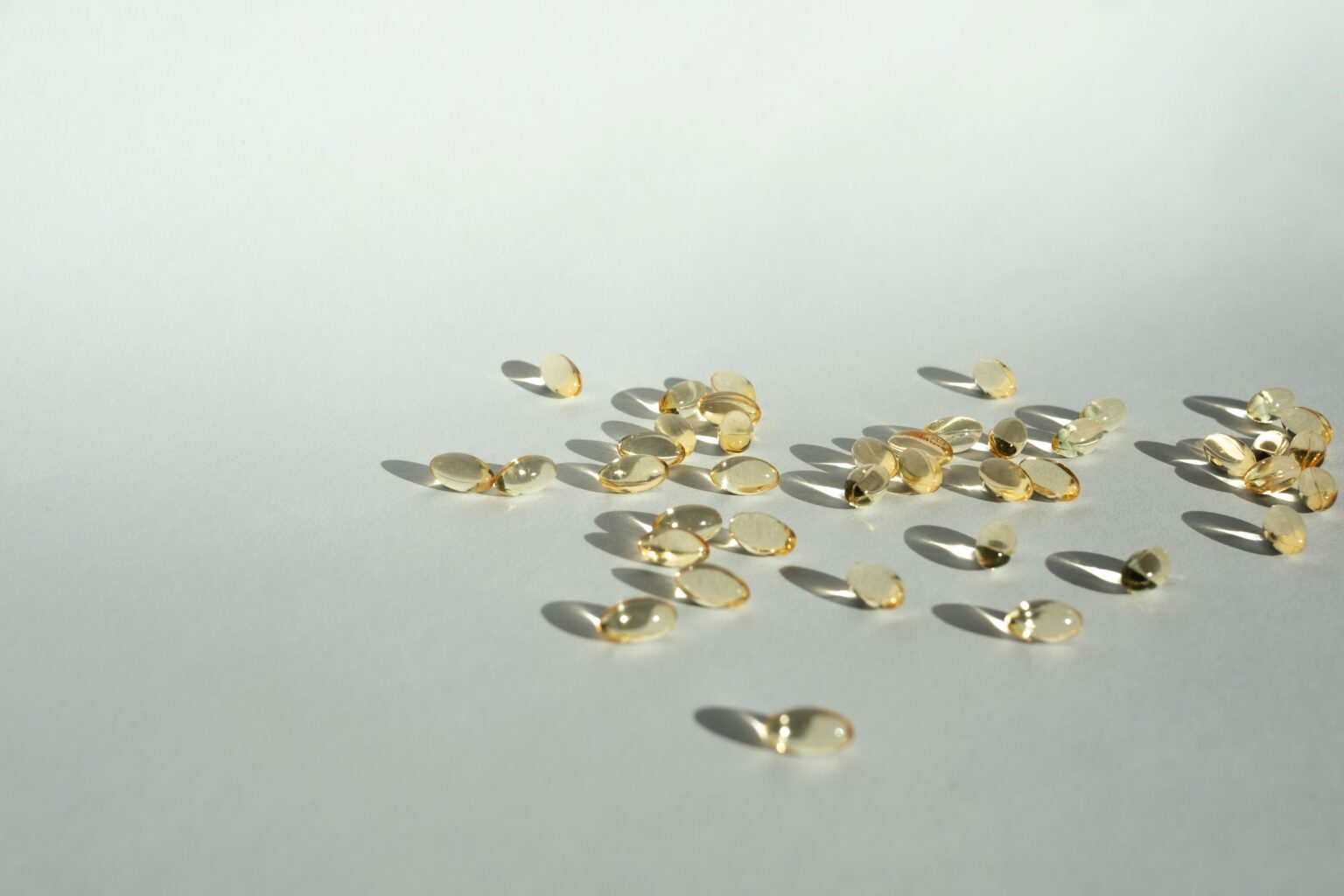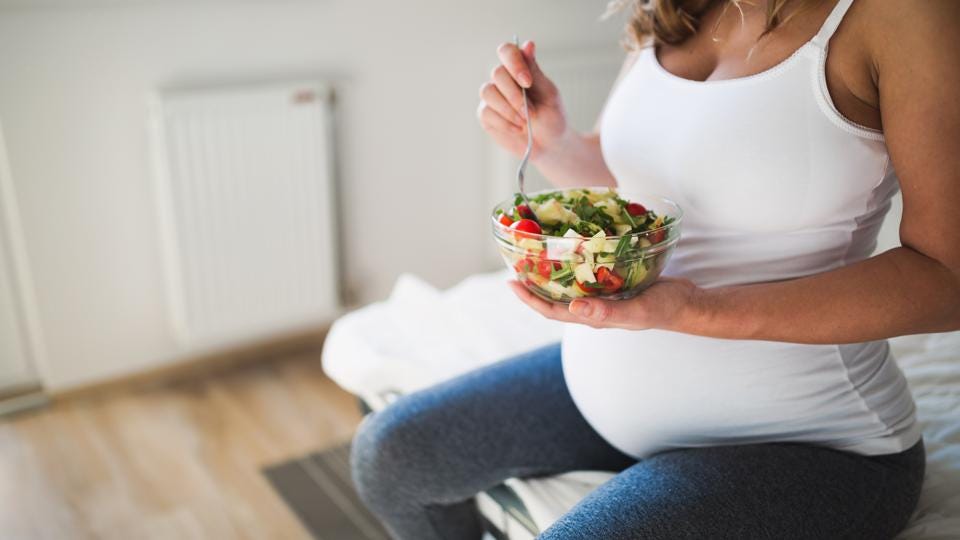4 Dietitian Recommended Supplements for Pregnancy

Wondering which supplements for pregnancy are best? Below is a summary of our essential recommendations for which supplements you should take while pregnant.
As dietitians, we believe in a food first approach, meaning that food is the best source of nutrition, and we prefer that you get your nutrients from a great diet rather than from supplements. However, Pregnancy is a time for such increased nutrition needs that I believe that taking some additional supplements is worth it for most women. Every woman should have her nutritional supplements tailored to her unique needs, your body composition, dietary habits, medical conditions, pregnancy complications, and more will all impact the supplements that you should take when you’re pregnant.
A prenatal dietitian is the best person to assess your unique needs and determine which pregnancy supplements are right for you. However, I’m going to share my top four supplements to take when pregnant.
1. FOLATE – (B9)
Folate is the only nutrient that’s recommended to take by authorities worldwide during pregnancy due to the strong data showing his impact on reducing the risk for babies developing neural tube defects. Folate comes in three main forms of supplements: folic acid, folinic acid and methylfolate. Out of these three forms, research on reducing neural tube defects has been done using folic acid so it has become the primary choice for most people. Since folinic acid and methylfolate are better absorbed, it may be more beneficial for women who have folic acid absorption issues. I recommend speaking to your prenatal dietitian about how much you need and which type would be the best choice for you. For most women 400 micrograms of folic acid will be adequate. You can take folate as a standalone supplement, or as part of a pregnancy multivitamin.
2. IODINE
During pregnancy iodine maintains normal functioning of your thyroid gland regulates your baby’s metabolism, and is essential for the development of your baby’s brain and nervous system.
Severe iodine deficiency during pregnancy can result in physical and mental stunting. However, research suggests that even a small Iodine deficiency during pregnancy can actually impact your child’s learning abilities well into the future.
Countries with iodine deficient soil such as Australia and the United States, routinely recommend 150 micrograms of Iodine per day during pregnancy. However, if you have a thyroid condition, you should speak to a health care professional before taking iodine supplements.
Note that if you’re taking a prenatal multi, you may find iodine in there. So check any other supplements that you’re taking before adding it in. As like all supplements too much can be even more harmful than too little.

3. OMEGA-3
Although you can easily meet your basic Omega-3 requirements with a healthy diet researchers found that high doses of Omega-3 during pregnancy can significantly reduce the risk of your baby being delivered early known as a preterm birth. When your baby is delivered early it can increase the risk of a host of long term health problems. If something as simple as taking omega-3 supplements during pregnancy can make the difference, then let’s do it!
Now the research has found that you need to take between 500 and 1000 milligrams of long chain Omega-3 with at least 500 milligrams being docosahexaenoic acid, also known as DHA.
Omega-3 during pregnancy is also important for reducing your baby’s risk of food allergies, reducing the risk of asthma, boosting their brain growth and development of their eyesight and much, much more so a worthwhile supplement.

4. VITAMIN D
Vitamin D supplementation is only required if you’re not getting enough and as we get most of our vitamin D from the sun if you don’t get outside most days or you’re someone who covers up when outdoors, I’d highly recommend that you ask your doctor or obstetrician to check your vitamin D levels.
The guidelines recommend 10 micrograms or 400 international units of vitamin D each day during pregnancy, but it’s safe to take up to 100 micrograms or 4000 international units per day if your levels are low.
Vitamin D deficiency has been associated with an increased risk of preeclampsia, gestational diabetes and low birth weight babies and emerging evidence suggests a potential relationship between vitamin D deficiency and an increased risk of allergic diseases.

Pregnancy is the most important time in a woman’s life for optimal nutrition. So it is highly recommended that you book a consultation with a prenatal dietitian for personally tailored nutrition advice >> Contact Us